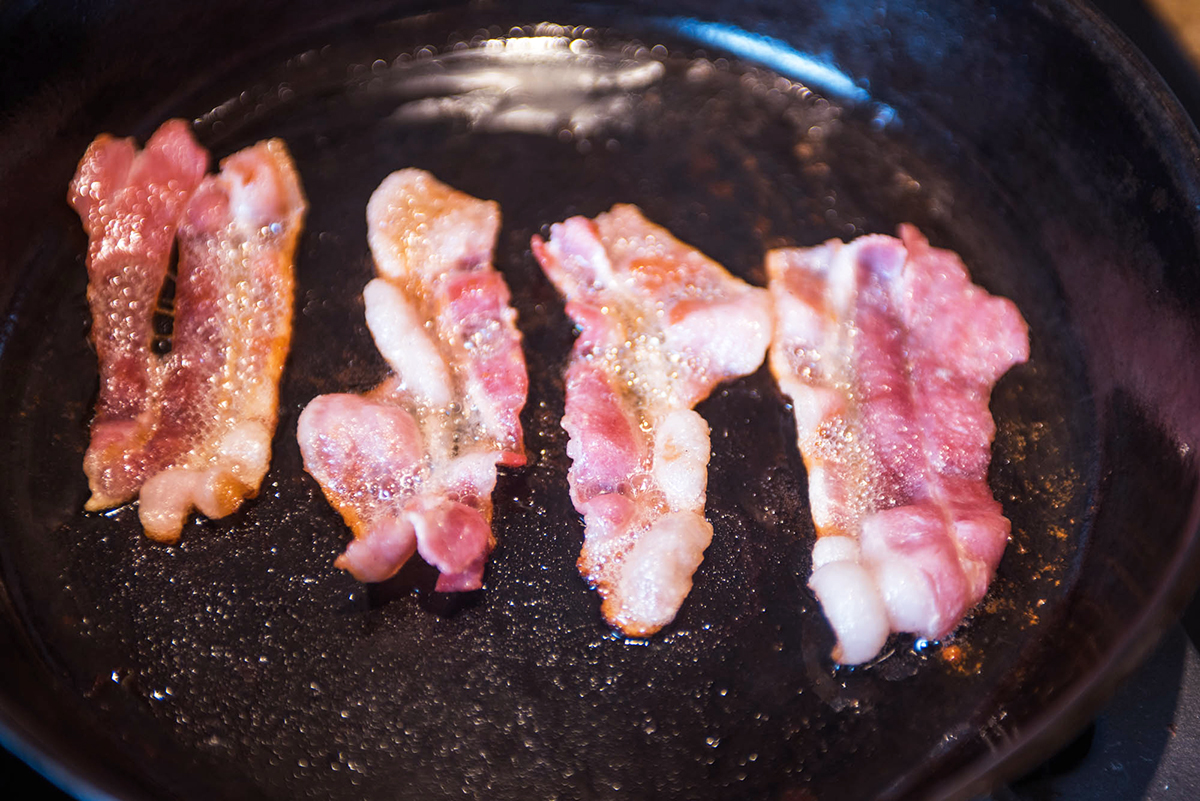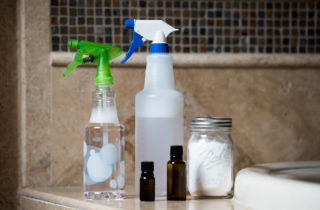It makes sense that most people want to start a garden in the spring—the weather…
Unless you want to deal with clogged pipes, pouring fat, grease, and oil down the drain is a major no-no. Cooking oil and grease are wastes that the city’s sewer system can’t handle and should not be discarded down the drain.
Grease, fat and oil will clog sewer lines (the same way bad cholesterol can clog heart arteries), causing sewage back-ups and flooding. When the sewer main clogs, unsightly, smelly, and unhealthy sewer spills are a result. Not pleasant, right? Here are some tips for avoiding this disaster happening at your home:

DON’T pour down the drain
This is a given—most people know not to pour a puddle of bacon grease down the kitchen sink, but this also includes cooking oils and poultry fat. Some people think a safe alternative is to pour the grease into the toilet bowl and flush, but that will also clog the pipes.
DON’T put greasy dishes in the dishwasher
The dishwasher connects to the same pipe system as the kitchen sink. If you put a greasy or oily pan in the dishwasher, you’re still adding to the clog.

DO pour grease into appropriate containers
Most families have glass bottles or empty milk cartons available for use at their house. It’s easy to set up your own grease repository for safe disposal. Clean out the container and keep it handy. When you have grease you need to dispose of, use a funnel to pour it in. Keep the container out of reach of kids and keep filling it up until full, then discard in the trash.
DO wipe dishes down before putting in the dishwasher
Once you’ve enjoyed that tasty helping of bacon and you’ve safely disposed of the grease, be sure to also wipe down the pan with a paper towel and throw it away. Even small amounts of oil can damage your system, so every little bit helps.
Protect the pipes
Preventing clogging the pipes may seem inconvenient, but it’s not more inconvenient than dealing with a backed up system—trust us. The better you treat your pipes, the less damage you’re likely to have in the future. Just like how you take care of your home’s pipes, SAWS takes care of their pipes—12,000 miles of water and sewer pipes that are underground the city right now. By putting a priority on the maintenance of our infrastructure, SAWS is preventing costly repairs in the long run, which saves everyone money. What could be better than that?


